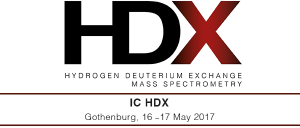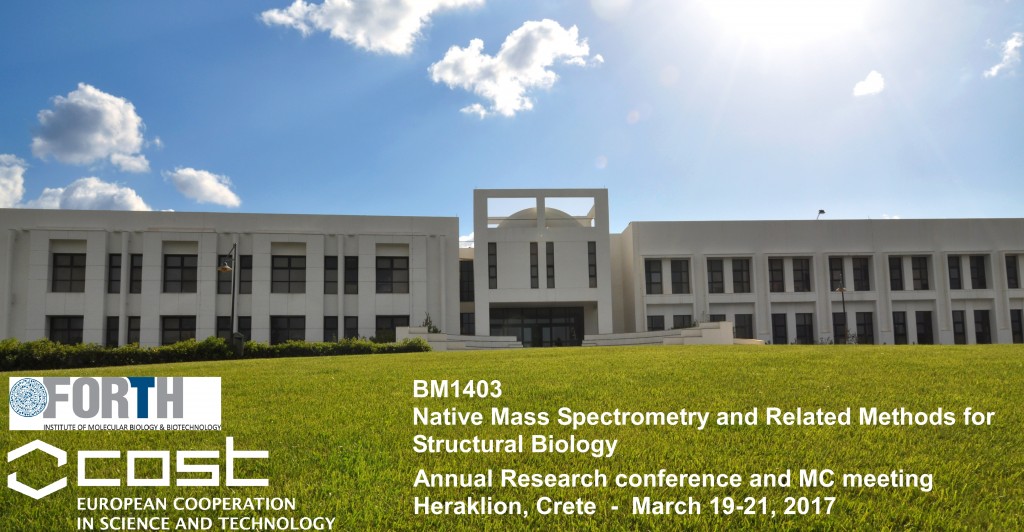COST Action BM1403 Mini Symposium
On Wednesday morning, prior to the SSP conference, the COST Action BM1403 (Native Mass Spectrometry and Related Methods for Structural Biology) is organising a mini-symposium on topics relevant to the whole Structural Proteomics community, which is open to anyone to attend (SSP conference delegates welcome).
There will be a number of short talks from students and postdocs from within the COST group but importantly, the Working Group leaders will also report on inter-lab comparisons and recommended work practices for several key structural proteomics techniques.
Venue
TU Main Building
Straße des 17. Juni 135
Lecture Hall H0110
Programme
8:50 Welcome
9:00 Valerie Gabelica, Bordeaux: Community standards and recommendations for ion mobility MS (WG1)
9:20 Kasper Rand, Copenhagen: Community standards and recommendations for HDX-MS (WG2)
9:40 Claudio Iacobucci, Halle/Saale: Evaluation of inter-lab comparison and recommendations for xlink-MS (WG2)
10:00 Justin Benesch & Kostas Thalassinos: Computational methods for native & ion mobility MS (WG4)
10:30 Coffee break
11:00 Esben Trabjerg, Zurich: Feasibility of succinimidyl-based crosslinking at slightly acidic conditions
11:20 Shane Chandler, Oxford: Coupling gas-phase HDX to IMS reveals structural transitions as proteins leave their native state
11:40 Jasmin Dülfer, Hamburg: HDX-MS of norovirus capsid proteins
12:00 tbc


